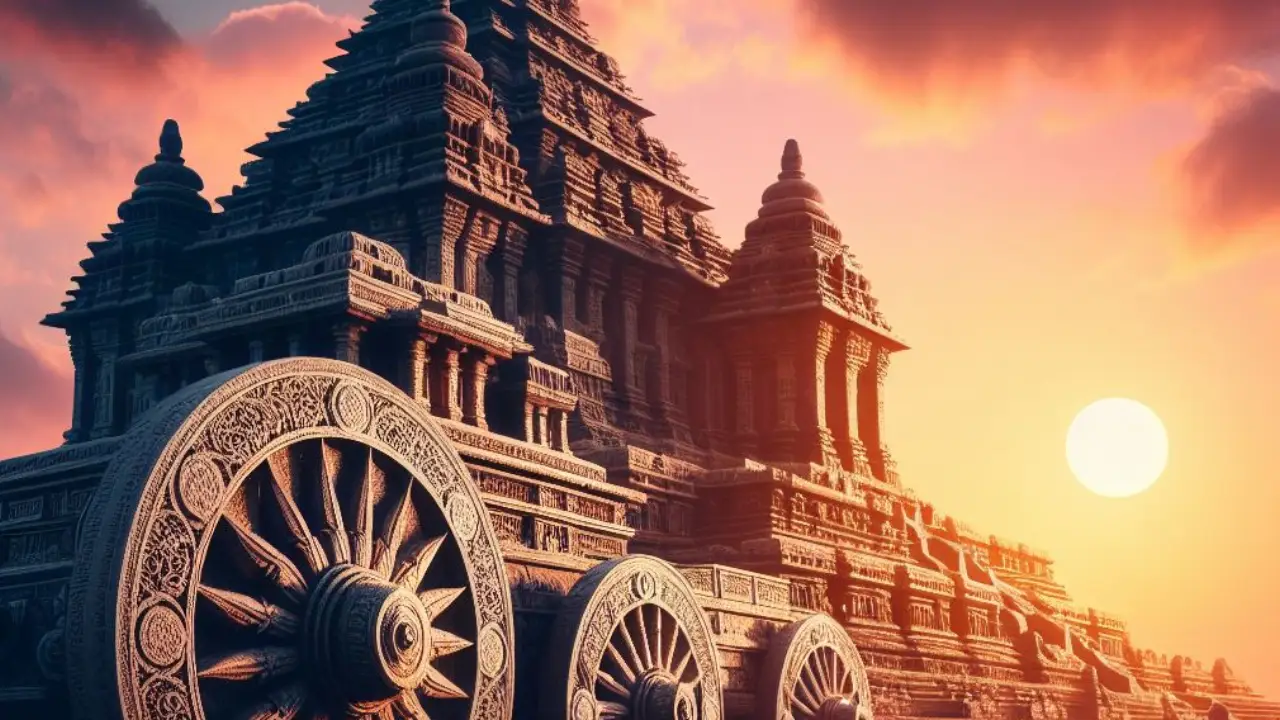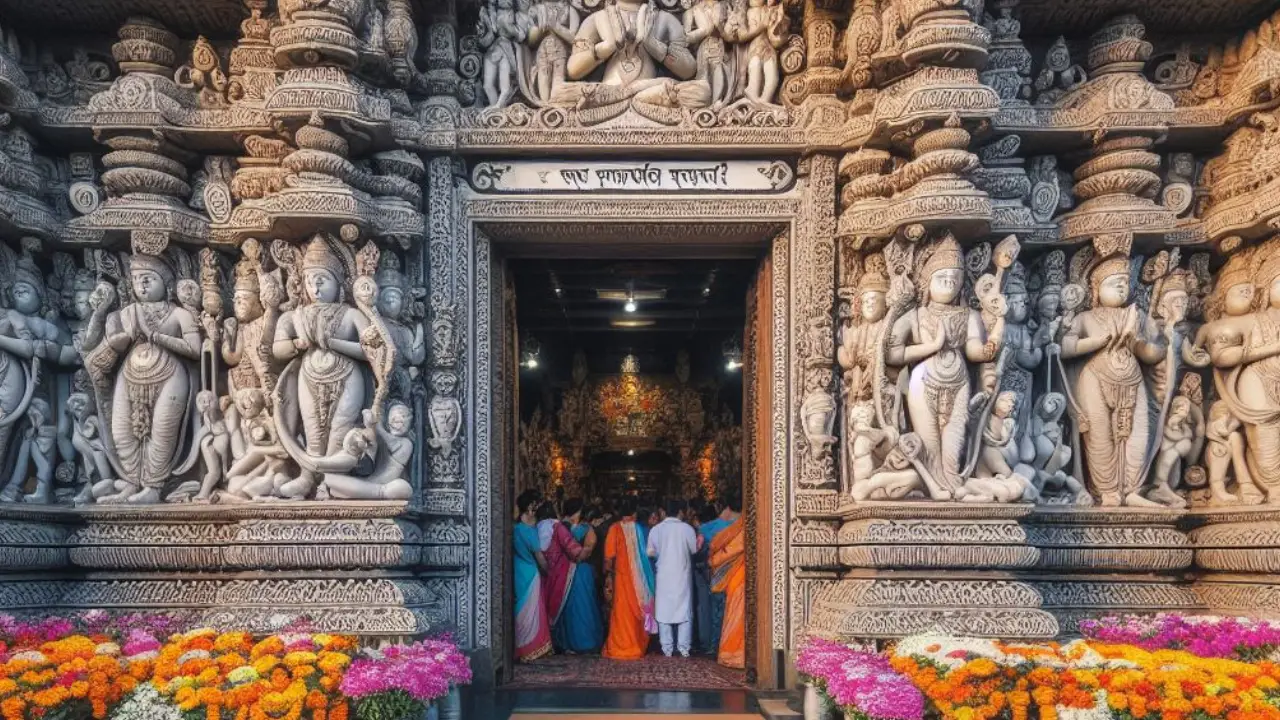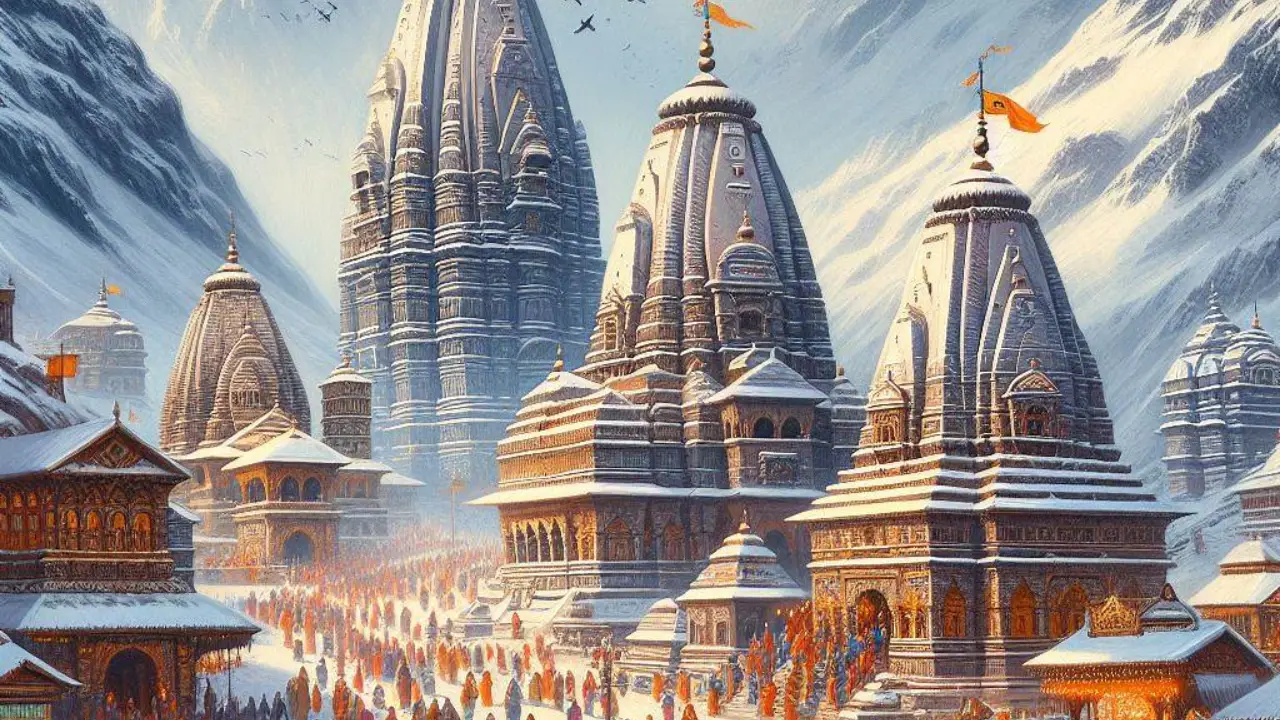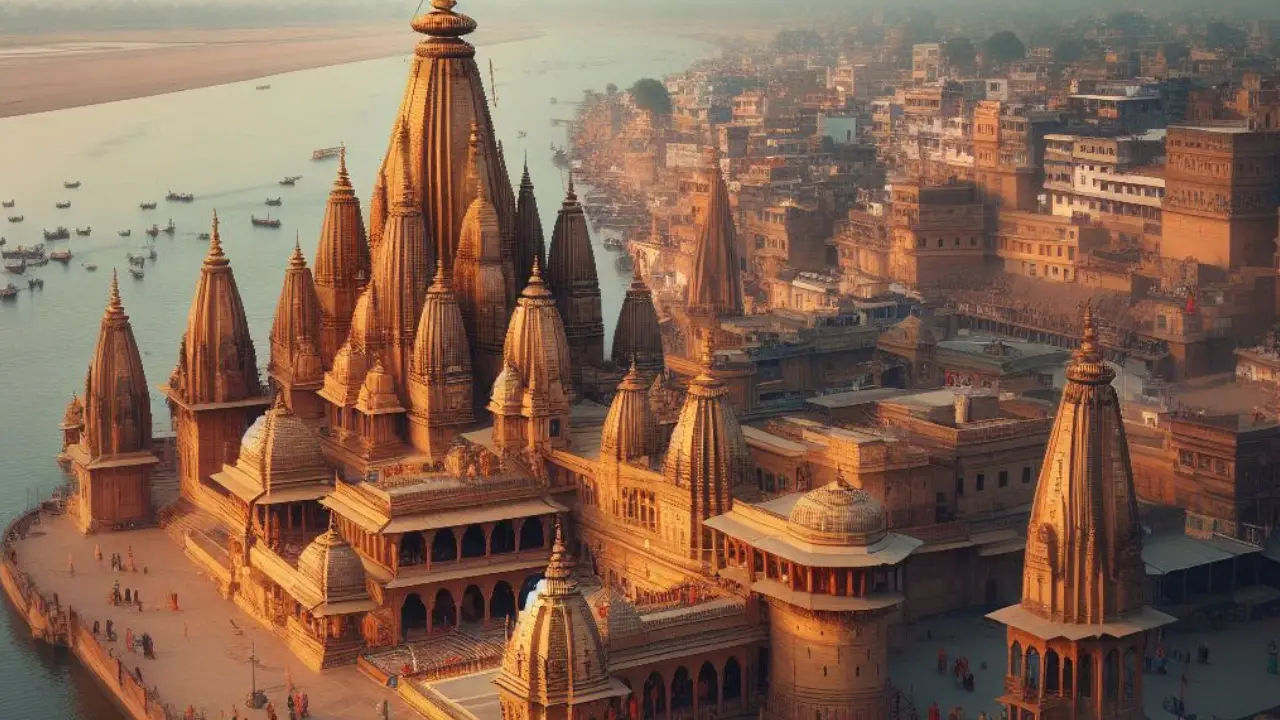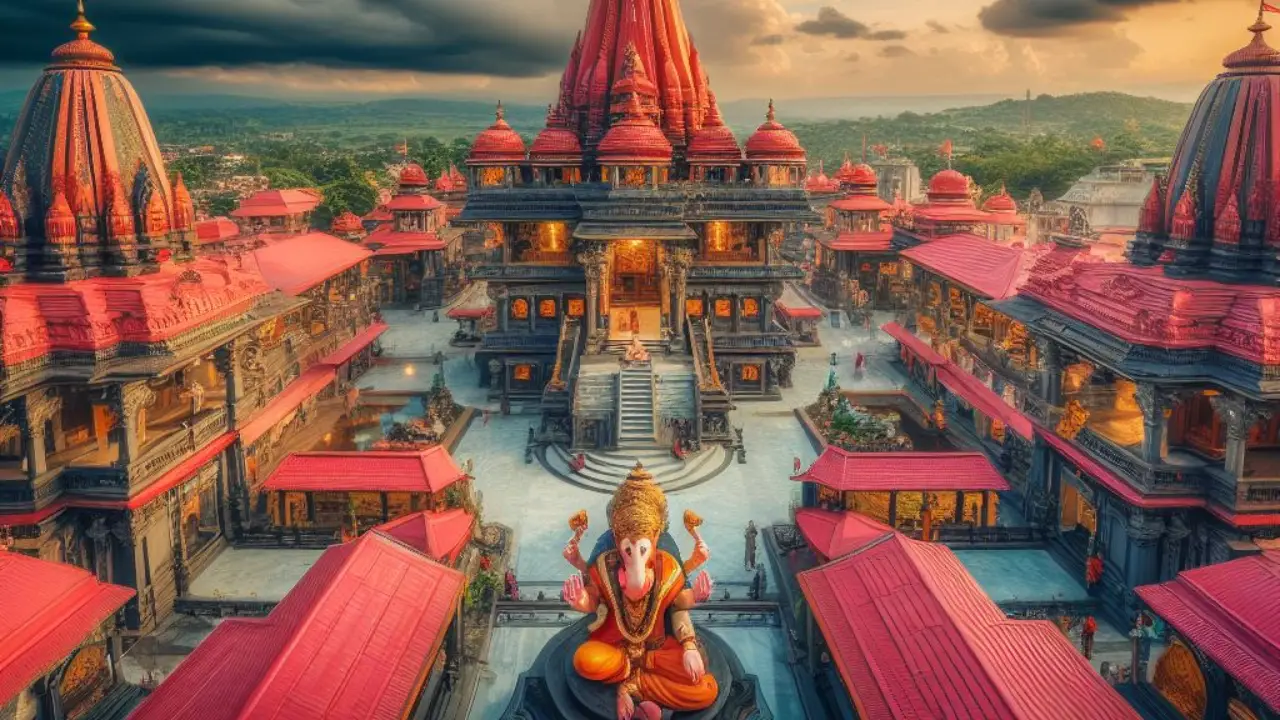Nestled on the eastern coast of India, amidst the golden sands of Odisha, lies a testament to the ingenuity and artistic prowess of ancient Indian civilization – the Konark Sun Temple. Standing proudly as a marvel of architectural brilliance, this temple, dedicated to the Sun God Surya. It captivates visitors with its intricate carvings and…
Category: Places to Visit
Hinduism encompasses millions of followers worldwide, with its integral components being sacred Hindu temples. These architectural marvels, deeply rooted in ancient Indian traditions, hold immense spiritual significance as places of worship. Hindu temples act as abodes for deities, providing spaces for devotees to connect with the divine, seek blessings, and partake in religious practices.
The belief in the presence of the divine in various forms is central to the concept of Hindu temples. Each temple is dedicated to a specific deity, representing different aspects of the ultimate reality or Brahman. These temples take diverse forms, from grand complexes in bustling cities to modest shrines in remote villages, reflecting regional customs and historical influences.
Typically, Hindu temples follow the principles of “Vastu Shastra,” a specific architectural style combining symmetry, geometry, and directional alignments. The inner sanctum, or “garbhagriha,” houses the primary deity, surrounded by intricate sculptures, paintings, and ornate decorations that symbolize different facets of the divine. The outer walls often display elaborate carvings, depicting episodes from Hindu epics, celestial beings, animals, and floral motifs.
Beyond their role as places of worship, Hindu temples also serve as cultural and social hubs. They host festivals, religious ceremonies, and cultural events, fostering a sense of unity and belonging within Hindu communities.
Moreover, they represent living embodiments of history and spirituality. The knowledge and wisdom imparted by priests and spiritual leaders within these sacred spaces contribute to the preservation and continuity of Hindu traditions for generations to come.
In essence, Hindu temples are not mere physical structures but spiritual beacons. They guidie devotees on their journey towards self-discovery, enlightenment, and a profound connection with the divine.
Ballaleshwar Temple: Where Faith Meets Divine Grace
In the serene landscape of Maharashtra, India, lies a beacon of spirituality – the Ballaleshwar Ganpati Temple. Located in the village of Pali, this temple isn’t just a structure of worship but a journey into the depths of devotion and culture. As one of the esteemed Ashtavinayak temples, it holds a revered spot in the…
Char Dham Yatra: A Spiritual Odyssey in Uttarakhand
Embarking on the sacred pilgrimage of Char Dham Yatra in Uttarakhand is not merely a physical expedition; it’s a soul-stirring odyssey that intricately weaves spirituality with the awe-inspiring beauty of the Himalayas. This sacred sojourn encompasses four revered shrines – Yamunotri, Gangotri, Kedarnath, and Badrinath – each holding a unique significance deeply embedded in Hindu…
Kashi Vishwanath Temple: Sacred Serenity
India, the land of spirituality and mysticism, is home to numerous temples that are steeped in rich cultural and religious significance. Amongst these, the Kashi Vishwanath Temple stands tall as a beacon of devotion and sanctity. Located in the holy city of Varanasi, this ancient temple dedicated to Lord Shiva is a testament to India’s…
Sacred Wonders in India: Must-Visit Hindu Temples
India, known for its rich cultural tapestry and spiritual heritage, is home to some of the world’s most revered Hindu temples. These ancient structures stand as testaments to centuries of devotion, intricate craftsmanship, and profound spiritual significance. Embark on a journey through the sacred wonders in India that are must-visit destinations for seekers of spirituality…
Ganesha Temples In India: A Spiritual Odyssey
Lord Ganesha, also known as Ganapati or Vinayaka, is one of the most revered and beloved deities in Hinduism. Many people widely worship him as the god of wisdom, knowledge, and prosperity, and they often invoke him at the beginning of any new venture. In India, countless temples dedicated to Lord Ganesha exist, each having…

